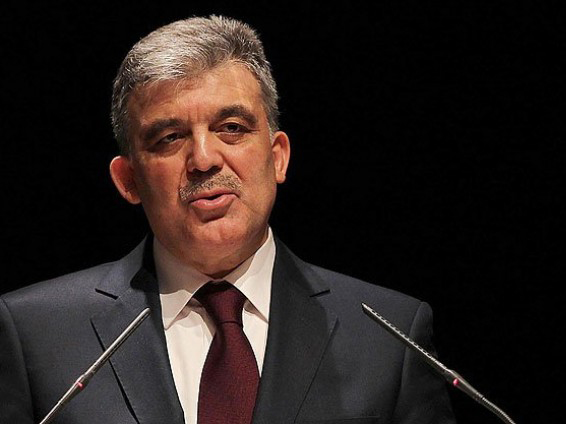President Abdullah Gul approved a law March 6 abolishing the notorious specially authorized courts (OYM) Hurriyet Daily News reported.
The OYMs were discontinued by Parliament in 2012, but a provisionary article allowed courts to finalize pending coup plot cases, such as: Ergenekon, "Balyoz" (Sledgehammer), OdaTV and Poyrazkoy. From now on, the eight OYMs that convicted soldiers in mass trials in 2012 and 2013 will be abolished and their case files will be passed on to regular criminal courts.
The law, which was adopted by Parliament as part of a new democratization package, came just a few days after the eventful voting session on the bill restructuring the Supreme Board of Judges and Prosecutors (HSYK), which increased the government's control over the judicial body and gave it a key role in appointments.
The law, which abolishes the OYMs and other special courts authorized by anti-terror laws, while also reducing the limit of lengthy detentions to five years, has widely been considered part of the government's battle against "counter forces" - followers of the U.S.-based Islamic scholar Fethullah Gulen, many of whom have been employed through the judicial and security bureaucracy.
A graft probe in mid-December, which involved the sons of three former ministers and businesspersons known to have been close to the ruling Justice and Development Party (AKP), triggered a series of legislation changes led by the government, particularly in the judicial field, as it aimed to contain damage from the corruption and bribery operation.
Retrial question
Some observers suggested the OYM move, paving the way for retrials, could help Erdogan gain support from more secular parts of the establishment, as he deals with the perceived threat from his former ally Gulen.
The specially authorized courts were established by the ruling Justice and Development Party (AKP) government in 2004 as part of reforms concerning the EU membership bid, replacing the infamous State Security Courts (DGM).
President Gul recently approved a government-led controversial Internet bill and HSYK legislation.
The OYMs were discontinued by Parliament in 2012, but a provisionary article allowed courts to finalize pending coup plot cases such as Ergenekon, Balyoz, OdaTV and Poyrazkoy.
Abolishing the provisionary article and the anti-terror courts was included in a proposal by the head of the Union of Turkish Bar Associations (TBB), Metin Feyzioglu, to retry coup plot cases. The measure is also expected to "clear the way" for an internal restructuring of the judiciary as well as for hundreds of military officers jailed for plotting coups to be retried. Under the amendments, the eight OYMs that convicted soldiers in mass trials in 2012 and 2013 will be abolished and their case files passed to regular criminal courts.






